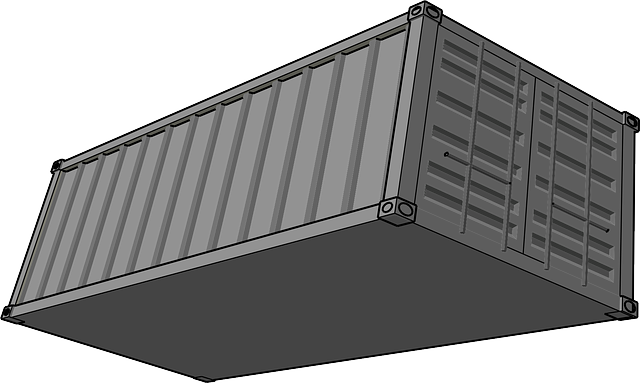For first-time operators, coverage of industry regulations is paramount for success. This includes understanding safety protocols, data privacy laws, environmental standards, and consumer protection from day one. By identifying relevant compliance standards, staying informed about legislative changes, seeking expert guidance, and implementing robust compliance systems through effective onboarding processes, operators can avoid legal issues, build trust, and establish a solid foundation for long-term success. Continuous monitoring and updates are crucial to keep up with evolving regulations.
For first-time operators navigating a new industry, ensuring compliance with regulations from day one is paramount. This comprehensive guide provides an in-depth look at “Understanding Industry Regulations,” offering crucial insights tailored for new entrants. We’ll explore “Identifying Relevant Compliance Standards” and their impact on business success. Learn best practices for implementing “Effective Onboarding Processes” to guarantee adherence, along with strategies for “Continuous Monitoring and Updates” to stay ahead of the regulatory curve. Coverage includes essential steps to ensure new operators launch strong and compliant.
Understanding Industry Regulations: A Comprehensive Overview for New Operators

For first-time operators entering any industry, understanding and adhering to regulations is paramount from day one. Industry regulations form a complex web that covers everything from safety protocols to data privacy, environmental standards, and consumer protection. Comprehensive coverage of these regulations is essential for avoiding legal pitfalls and ensuring smooth operations.
New operators must take the time to research and internalize the specific rules governing their sector. This involves staying up-to-date with legislative changes, engaging industry experts or consultants for guidance, and implementing robust systems to monitor compliance. Such proactive measures not only safeguard against penalties but also foster a culture of ethical business practices, building trust with stakeholders and customers alike.
Identifying Relevant Compliance Standards and Their Impact

Identifying relevant compliance standards is a critical step for first-time operators entering any industry. These standards, which can vary widely based on sector and location, set the framework for safe, ethical, and legal business practices. Comprehensive coverage of these regulations ensures that new businesses avoid costly penalties, maintain customer trust, and establish a strong foundation for long-term success.
For first-time operators, understanding the impact of compliance standards is key. These standards guide everything from operational procedures to resource allocation. By proactively adopting and integrating these regulations into their business model from day one, operators can mitigate risks, foster a culture of adherence, and demonstrate a commitment to industry best practices.
Implementing Effective Onboarding Processes to Ensure Adherence

Implementing robust onboarding processes is a cornerstone in ensuring compliance with industry regulations from day one, especially for first-time operators. These processes must cover every aspect of regulatory adherence, from understanding legal frameworks to mastering internal policies. By systematically introducing new hires to their roles’ regulatory requirements, companies can mitigate risks associated with non-compliance. A well-structured onboarding program includes comprehensive training sessions, access to relevant resources, and regular reviews to ensure operators grasp and apply regulations correctly.
Effective coverage of industry regulations during onboarding involves demystifying complex rules and aligning them with operational workflows. This approach equips first-time operators with the knowledge and tools needed to make compliant decisions from their initial days. Regular updates to onboarding materials also guarantee that operators stay informed about any changes in regulations, fostering a culture of continuous compliance within the organization.
Continuous Monitoring and Updates: Staying Ahead of the Regulatory Curve

For first-time operators entering any industry, staying informed and compliant with regulations is paramount. Continuous monitoring involves actively tracking changes in laws and guidelines that could impact their business. This includes subscribing to relevant industry publications, attending webinars or workshops, and engaging with regulatory bodies to ensure they understand the latest requirements. By doing so, new operators can avoid costly fines and legal issues by implementing necessary changes promptly.
Regular updates are crucial for maintaining compliance as regulations evolve. Operators should establish a system to receive alerts about significant changes and set aside dedicated time for reviewing and adapting their practices accordingly. This proactive approach ensures that their business operations align with the latest standards, providing comprehensive coverage for first-time operators navigating the regulatory landscape.
For first-time operators, ensuring compliance with industry regulations from day one is paramount. By understanding comprehensive overviews of relevant rules, identifying their impact, and implementing effective onboarding processes, businesses can establish a robust foundation. Continuous monitoring and staying updated on regulatory changes are key to navigating this landscape successfully. This strategic approach guarantees not only adherence but also a competitive edge in the market, providing valuable coverage for all stakeholders involved.
